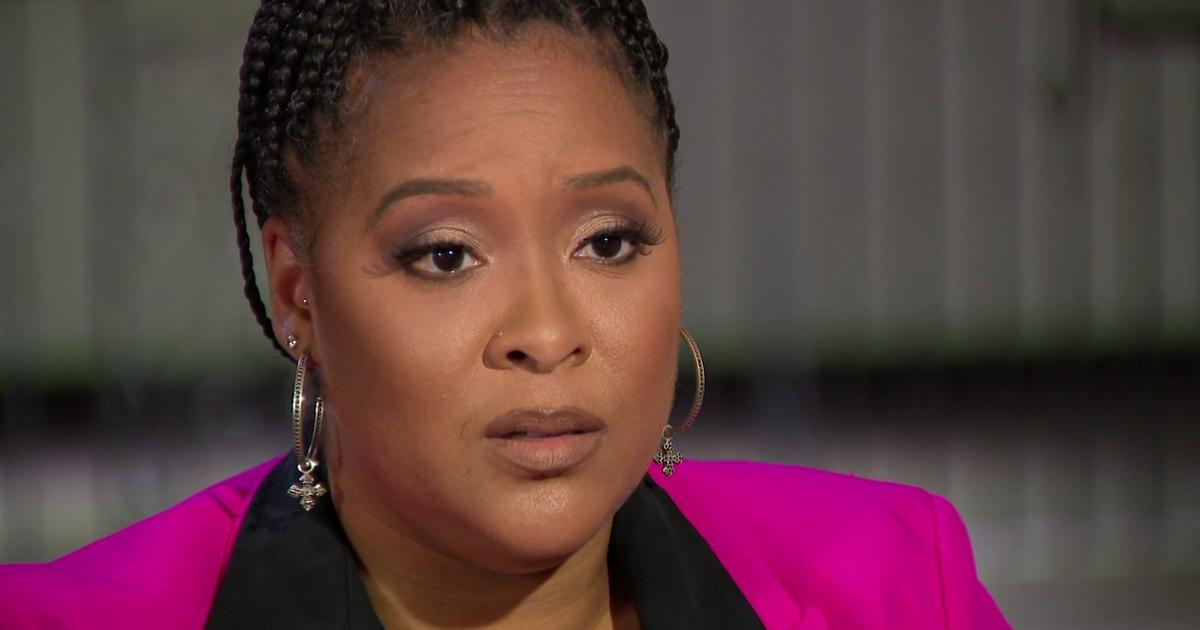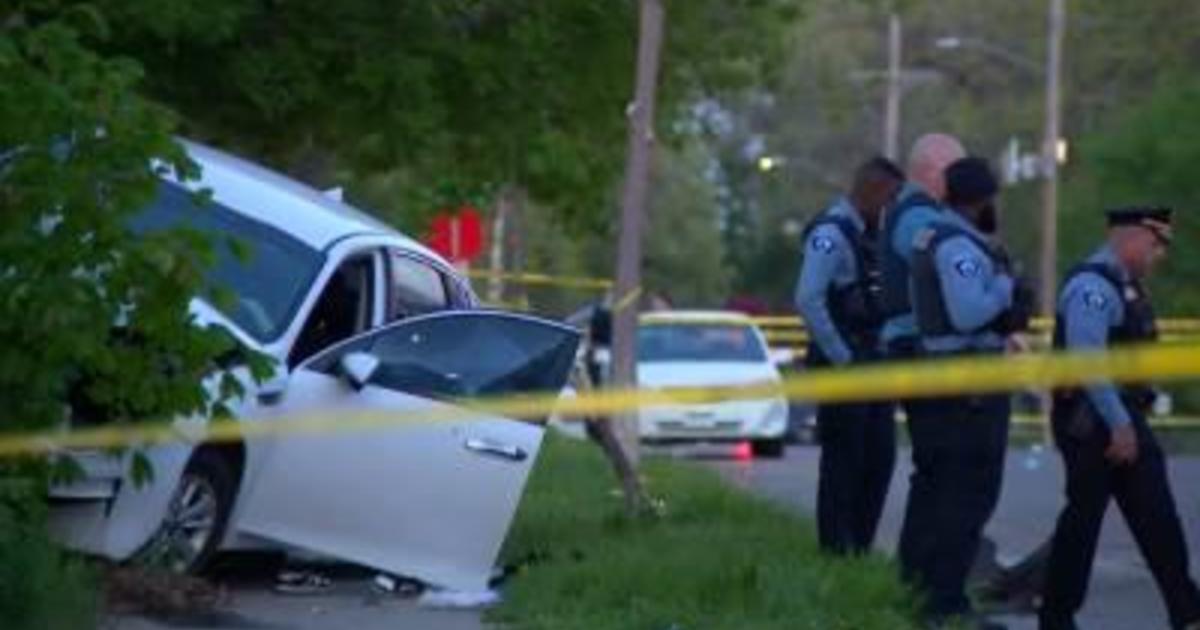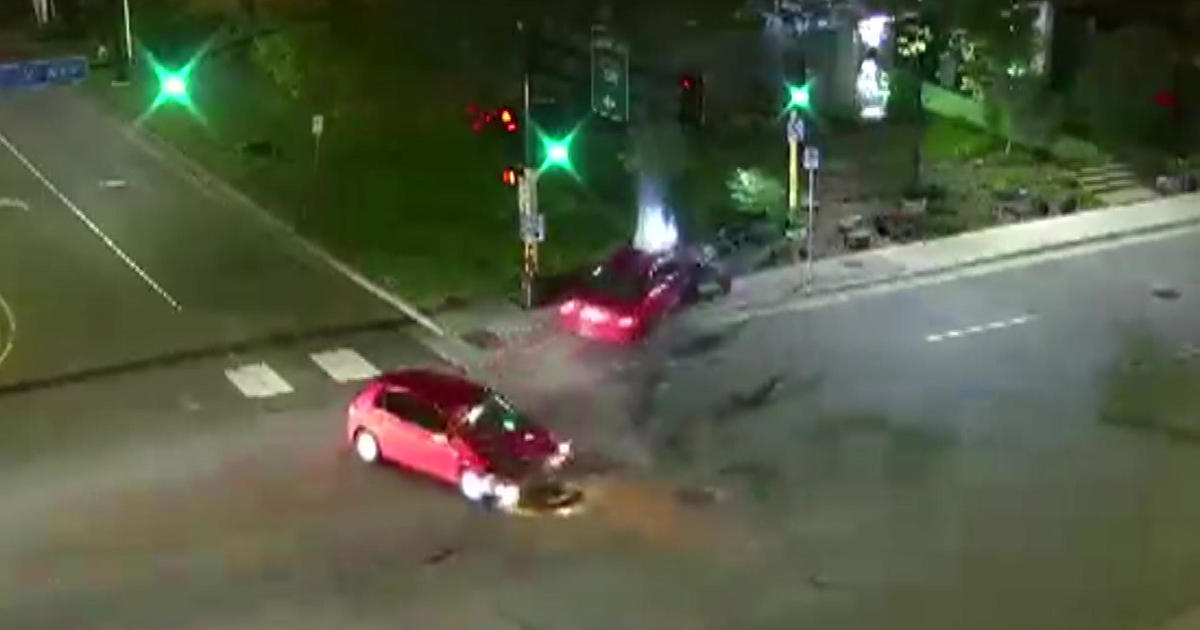"Fight with hope, endure pain with faith": The tireless mission of Shiloh Temple's Bishop Richard Howell
MINNEAPOLIS – When times get tough, Shiloh Temple in north Minneapolis gets going.
From giving a place of refuge when teachers went on strike; a place of grieving when George Floyd was killed; to giving COVID tests and shots; to working the streets with a peace initiative; and holding funeral after funeral of young men whose lives were snatched.
Bishop Richard Howell is at the helm of this mission.
"We were prepared to bring healing to a very painful, hurting community. It was not easy to see caskets laid out, young people strewn out across the altar, to see parents coming down the aisle, staring at their loved one. There are no words that can describe that," Howell said. "It's something you don't want. No, you want to celebrate. You want to be able to have a great time. You want to be able to rejoice with people…I'd rather celebrate life, celebrate people, celebrate their accomplishments, celebrate birth – not death, not dying, not murder…But it's something that ministry also has to cover in order for us to bring healing to a hurting community."
It's a community Bishop Howell was born into. His grandparents founded Shiloh Temple. His childhood was marked by a deep love of baseball, and a love for leadership.
It was also a childhood marked by pain that manifested in middle school, when his family moved to northeast Minneapolis, where all his neighbors were white.
"There were too many people that had never seen a Black person before, and so there was a lot of ignorance at work. There was an awful lot of name calling, staring, alienating themselves from me," he said.
He remembers when a boy he thought was a friend called him the n-word at lunch.
"And people started laughing around that table. It hurt me to the core," Howell said. "But it was acceptable. The n-word was acceptable in those days."
The year was 1967, and the Civil Rights Movement was at its height. It was the year before the Rev. Dr. Martin Luther King Jr. was killed. Amidst it all, Richard Howell leaned in, making history of his own.
"I was invited to come to a student council meeting, and to my surprise I was voted student council president," he said.
It was a feat so remarkable that it became front-page news. A middle schooler, breaking barriers, and shattering expectations.
"I tried not to look at my skin color as a reason to go forward. I wanted to look at my rights as a human being that I can be just as in the know, run for anything as anyone else," Howell said. "But looking back, hindsight, it was such a wonderful moment to show that history can change."
And then a year later, his life changed again.
"I get a phone call one night. 'Hey n---r, leave town! Get out! Move!'" Howell said. "My dad overheard the conversation, told me to hang up the phone and I did. Went to bed that night, and that same night someone threw a Molotov cocktail at our house and blew up."
Once again, he and his family were front-page news. The article stirred a reaction he didn't expect: letters of support from white people starting pouring in, begging the family to stay.
"We were harassed by ignorant people who did not know us. The community, the immediate community understood us, they loved us," he said. "That was an eye opener that not everyone with blue eyes are devils. There are good people."
Howell took that attitude of hope and went into ministry. He earned his masters in counseling, married the love of his life, became a father, then grandfather. And he used his story and his pain to empower others with this message.
"Don't let anybody's hatred stop you from promoting your God-given purpose on this earth," Howell said.
And so he will keep pursuing his purpose, and using a painful past to fulfill a healing future.
"I think it's gonna get better, I really believe that. There's some great work yet to be done," he said. "You got to keep the fight alive and well. Fight with hope. Endure pain with faith."
Bishop Howell's church also runs a bustling food shelf. He preaches each Sunday at 10:30 a.m.
If you'd like to honor someone for Black History Month, send us an email at tips@wcco.com





